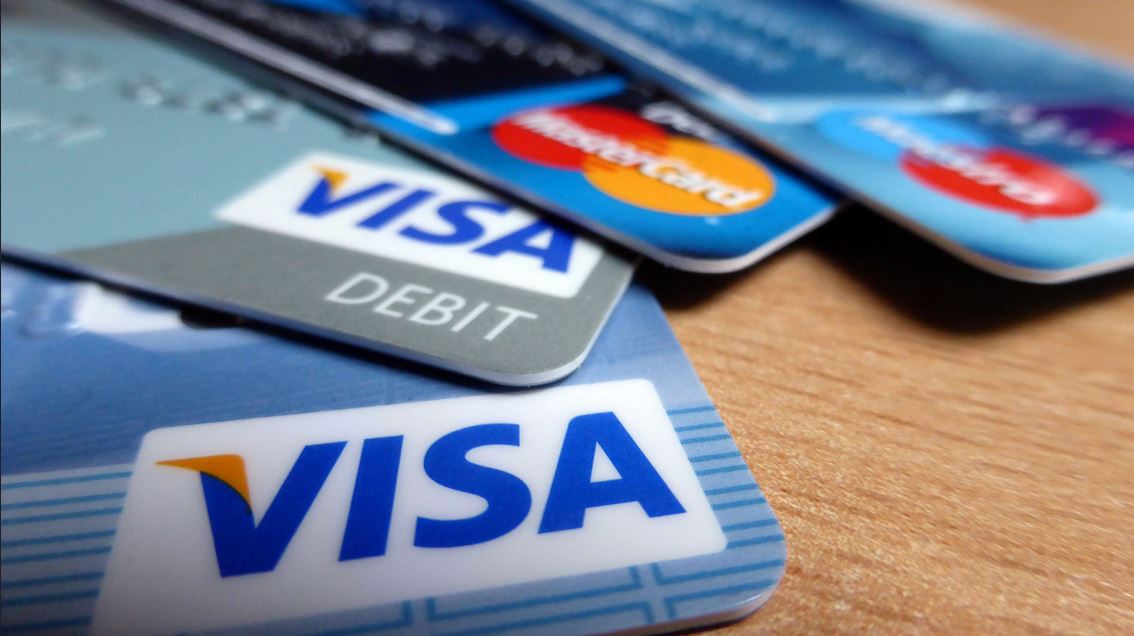Cash: good or bad thing?

The use of cash as a payment method is still very popular in Africa and makes up a significant proportion of the transactions made throughout the continent.
Governments don’t like this level of cash payments, as it has potential to be used as a means to under-declare income and avoid taxation, money laundering, corruption and crime is high when cash is used: as often there are no traces, or documentation involved.
Additionally, it is a costly exercise for the Government; printing cash, handling and distributing it, but facilitating the cash available is not meeting their objectives: to retain control over economic activity and managing good fiscal and monetary policy.
Credit cards are only held by a limited part of the population, together with a smaller share using cheques as a means of payment, but this is restricted as many people do not even have bank accounts. Increasingly mobile phones are being used by people to pay from their pre-paid accounts, some are using pre-paid cards, but still – most people still use cash.
Debit cards are a very good option: they do not provide credit, they are managed and controlled by the banks, the transactions are monitored, documented and recorded. This is the perfect situation for the financial regulators and central banks.
Converting more of the population to use debit cards requires regulations to be put into place:
[1] Limiting by law the maximum allowed cash transaction;
[2] Demanding the merchant banks open accounts to every person;
[3] Regulating the commissions charged by the merchant banks, to ensure fairness in costs to the customers;
[4] Imposing salary payments by bank transfers.
What is the difference between Credit Card and Debit Card?
A Credit Card is provided with a separate line of credit by the bank or the issuer – additional to the line of credit available in a bank account, and it is paid for periodically as agreed with the Credit Card issuer. Whereas a Debit Card payment is instantly charged from your bank account.
Can anybody issue a Debit Card?
In principal, it has to be issued by a bank, as it is linked to the bank account and the authorization of the transaction is given pending the balance in the bank account. There are some credit card issuers in the world that issue Debit Cards, but they also have authorization to access bank account too – which is not the case in most of the African countries.
Why don’t governments push for an increased use of Debit Cards?
All aspects show that governments should encourage the use of Debit Cards, especially in developing markets, where the problem of undeclared economic activity presents a huge problem.
In developed countries, regulations do limit the use of cash and the banking systems are quite developed to service the use of Debit Cards.
What should the insurance industry do about it?
Insurance is a highly regulated activity, and cash transactions create a number of problems within this. Any insurer will prefer card payments or electronic transfers over cash which only causes headaches to a sophisticated firm: safe-guarding the cash, handling it, depositing, booking it in the systems – all these can be in a single (and simple) action be concluded, with less chances to make mistakes or attract fidelity issues.
The insurance market finds itself many times in the spearhead of creating standards; safety measure requirements, protection procedures – and now also in preferring payment methods. We believe, that while it is beneficial to the insurance industry that cash will “disappear”, it is the business of regulators, central banks and governments to create the regulatory infrastructure that will encourage the move from cash to electronic payments.
by Assaf Reches
Photo by Sean MacEntee / CC BY 2.0


